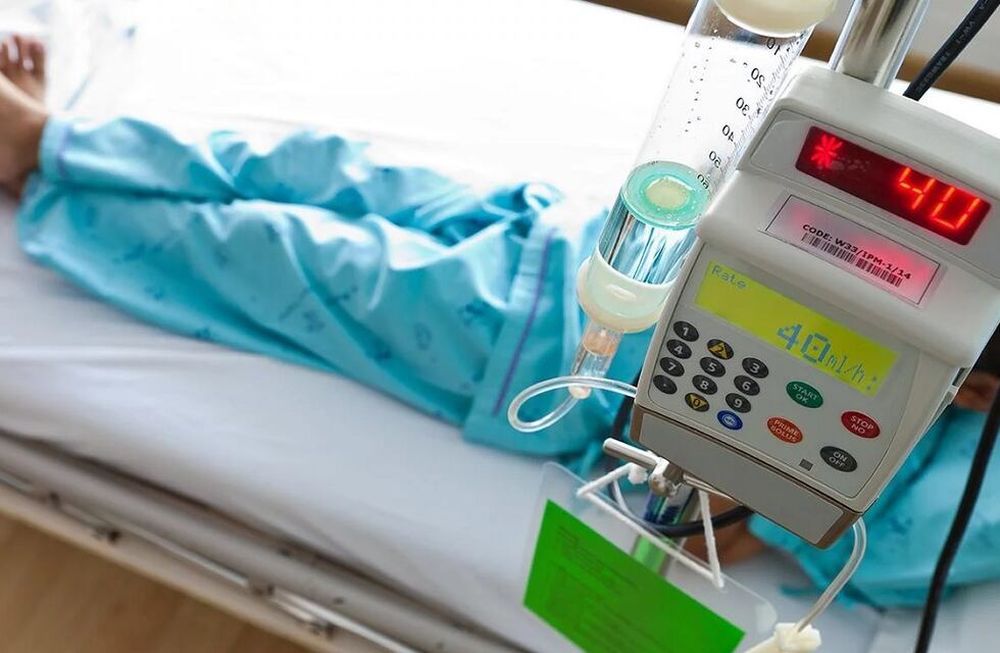More than 30 cases of blood cancer are diagnosed every day in Argentina.

According to official estimates and international data , approximately 12,300 cases of blood cancer are diagnosed in the country each year : more than 3,000 leukemias, 8,000 lymphomas and 1,300 multiple myelomas.
Faced with this situation, the Argentine Myeloid Leukemia Association (ALMA), the Argentine Myeloma Foundation (FAM), and the Argentine Lymphoma Civil Association (ACLA), meeting within the Argentine Blood Cancer Alliance (ACSA), emphasized the need to shorten the time to diagnosis and ensure equitable access to treatment.
Oncohematologic diseases , unlike other types of cancer, do not form solid tumors . They affect the bone marrow, lymphatic system, and blood cells, making early detection difficult.
They may be difficult to identify in the initial stages , but they can progressively compromise vital functions and can put life at risk.
Her son has leukemia and asks to borrow a PlayStation so he can play while hospitalized.

In this regard, they mentioned some indications: “ Persistent fatigue, recurrent infections, unexplained weight loss, frequent bleeding or bruising, night sweats, and bone pain are symptoms that should raise suspicion , especially if they last more than two or three weeks,” ACSA noted.
Mariana Auad, vice president of FAM, emphasized that "in the case of multiple myeloma, a type of cancer that affects the plasma cells of the bone marrow, patients are often diagnosed after repeated visits for bone pain or spontaneous fractures. It is crucial to consider myeloma when there are bone lesions without trauma, or anemia with no clear cause."
Types of blood cancerHaydeé González, president of ACLA, explained: “Lymphomas are cancers of the lymphatic system. There are two main groups: Hodgkin lymphoma and non-Hodgkin lymphoma, with more than 70 subtypes. Warning signs include painless enlargement of lymph nodes, persistent fever, itchy skin, night sweats, and weight loss.”
As for leukemias , which compromise the normal production of white blood cells in the bone marrow, they can appear at any time in life, although there are two peaks: older adults and young children.
The cost of medical consultations will increase again in September. This was announced by the Mendoza Medical Federation, in line with its decision to establish what it considers a minimum ethical rate due to the delay in fees paid by social welfare organizations.

Regarding leukemia, Fernando Piotrowski, patient and executive director of ALMA, warned: “There are signs that shouldn't be minimized, such as a fever that doesn't go down, spontaneous bruises without identifiable bruises, infections that don't improve with common antibiotics, or night sweats. Timely diagnosis can save lives.”
Inequality in access to careThe organizations noted that while scientific advances have improved the prognosis for many of these diseases, serious inequalities persist depending on the region and type of health insurance. In some provinces, diagnosis is delayed due to a lack of hematologists or adequate infrastructure.
In addition, bureaucratic barriers arise: social security and prepaid plans that fail to update their formularies, and long wait times for authorization of studies or delivery of medications, which can compromise the continuity of treatment.
ACSA called for urgent measures: "It is essential to strengthen referral channels, guarantee equitable access to molecular diagnostic studies, and streamline treatment approval processes, both in the public and private systems."
Finally, they warned that "patients cannot wait. Delays in access are as serious as the underlying diseases. We are convinced that raising awareness about this issue helps more people seek timely care and helps the health system recognize the urgency of action."
losandes





